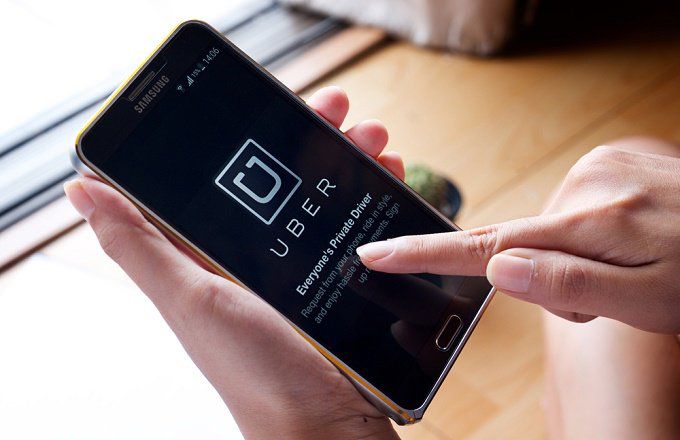Global ride-hailing giant Uber has unveiled its electric motorbike service in Kenya. This marks Uber’s inaugural electric bike service in Africa, as the company endeavors to achieve a carbon-neutral global platform by the year 2040.
The launch in Kenya will pave the way for a potential expansion across the rest of the African region, with a forthcoming announcement anticipated later this year. Kagiso Khaole, Uber’s general manager for sub-Saharan Africa, stated, “We are excited to introduce our electric motorbike service in Kenya, underscoring our commitment to sustainable mobility in the region.”
See also: Kenya Receives $377m Funding for East Africa’s First Electric Bus Lane
Khaole also highlighted the potential for extending this initiative to other key markets, including Nigeria, Ivory Coast, Ghana, Uganda, Tanzania, and South Africa. He added, “Our goal is to lead the way in offering eco-friendly transportation solutions across sub-Saharan Africa.”
The innovative green offering in Kenya, aptly named “Electric Boda” in recognition of the Swahili term for motorbike taxis, is set to feature around 3,000 electric bikes within a span of six months. This constitutes nearly one-fifth of the entire Uber motorbike fleet. Notably, drivers are expected to benefit from a notable 30-35% reduction in operational costs. Users of the platform will also reap advantages, enjoying a 15-20% cost reduction for electric motorbike trips compared to conventional Uber rides.
Khaole underscored the enhanced experience that the electric bikes would offer, stating, “With Electric Boda, riders can expect a smoother and quieter journey, characterized by reduced vibrations and noise levels compared to traditional motorbikes.”
Kenya, a nation that derives over 90% of its energy from renewable sources, has positioned itself as a trailblazer in championing green transportation initiatives across the African continent. Uber had previously conducted limited-scale trials for electric bikes in collaboration with external partners within the Kenyan market.
See also: Uber CEO Reveals Plan to Develop Ride-Sharing Specific Vehicles with Car Manufacturers
However, the growth of the electric vehicle market in Africa has been hampered by a lack of comprehensive electric charging infrastructure and associated facilities. Recognizing a burgeoning opportunity, local enterprises have taken the lead by establishing battery-swapping stations in major urban centers like Nairobi, aimed at saving drivers valuable time.
President William Ruto of Kenya articulated his vision to witness a substantial increase in the number of electric motorbikes on the nation’s roads. He stated, “Our aim is to transform Kenya’s transportation landscape by increasing the presence of electric motorbikes from the current 2,000 to an ambitious 200,000 by the end of 2024.”
Motorbike transportation plays a pivotal role in Kenya’s employment landscape, absorbing a significant portion of the workforce that seeks livelihood opportunities beyond formal employment sectors. This move by Uber aligns with Kenya’s ambitions and underscores the broader global push towards sustainable and eco-friendly transportation alternatives.

